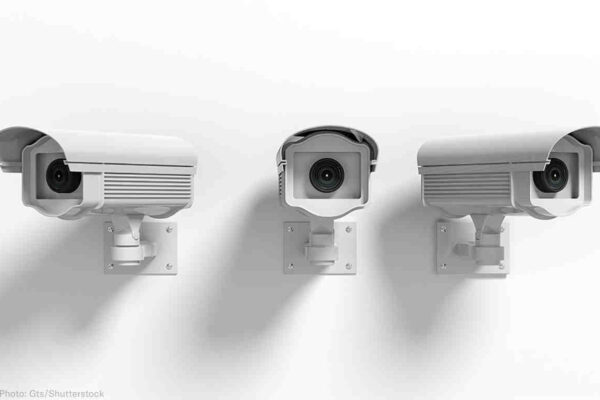NEW ORLEANS – In a win for the city’s public defenders and civil rights groups representing them, a state appeals court has ordered the City of New Orleans to comply with a public records request for the locations of the city’s crime cameras and rejected the city’s argument that the records were exempt. Writing that “the right of access to public records is a fundamental right guaranteed by the Louisiana Constitution,” the court also awarded the plaintiffs attorney’s fees and costs.
“We’re pleased with the Court’s decision that ensures New Orleans public defenders will no longer be denied access to this critical information as they work to ensure a stronger, more effective justice system for all,” said Alanah Odoms Hebert, ACLU of Louisiana executive director. “Moving forward we will continue to defend equal justice, open records, and the constitutional rights of all people in Louisiana.”
“Open records laws exist to ensure government remains open and accountable to the people it serves,” said Bruce Hamilton, ACLU of Louisiana staff attorney. “This ruling reaffirms that Louisianans have a constitutional right to public information, including information related to the mass surveillance of our communities.”
“We asked for the locations of 400 cameras because the public has the right to know where they are being watched,” said Liyah Brown, senior staff attorney for the Southern Poverty Law Center. “The right to public records is something all Louisianans possess under the state Constitution and today the Court of Appeals agreed. The city must, by law, be transparent in the use of our government and tax-payer dollars and adhere to public records requests.
In February, the ACLU of Louisiana and the Southern Poverty Law Center filed suit against the City of New Orleans over its refusal to provide a map of the city’s 400 real-time surveillance cameras. Though the cameras themselves are publicly visible, the City of New Orleans has refused to comply with a public records request for a map of their locations.
Last year, Laura Bixby, a staff attorney for the Orleans Public Defenders, filed a public-records request for a map of all publicly visible real time surveillance cameras. The cameras are used for a variety of purposes by the city, including monitoring street flooding and traffic. The map could assist Bixby in her clients’ defense because the cameras could yield exonerating evidence, just as potentially incriminating evidence is made available to law enforcement. The New Orleans City Attorney’s Office denied the request, claiming that the records are exempt from disclosure.
“The appeals court decision is important because our community has a right to know where and how their neighborhoods are being watched by the government,” said Bixby. “Moreover, our clients have a right to any and all evidence when facing criminal accusations. Having timely access to the footage allows our attorneys and investigators to quickly find evidence that can prove our clients’ innocence before it's destroyed."
In May, Civil District Court Judge Ethel Julian ordered the city to comply with the records request, which the city appealed.
A copy of the ruling is available at: https://www.laaclu.org/app/uploads/drupal/sites/default/files/479555_1.pdf
###
Stay Informed
Sign up to be the first to hear about how to take action.
By completing this form, I agree to receive occasional emails per the terms of the ACLU’s privacy statement.
By completing this form, I agree to receive occasional emails per the terms of the ACLU’s privacy statement.

